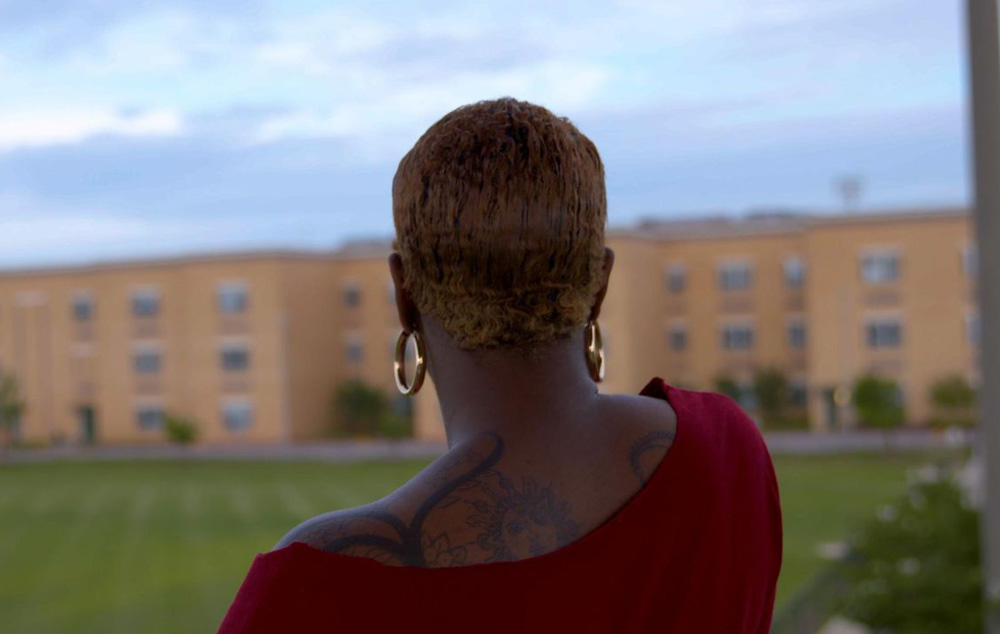In these polarized times, it is no small achievement that director Garrett Zevgetis can get Vivian Anderson and Ben Fields to sit together to talk about the events of October 26, 2015 at Spring Valley High School in South Carolina. Fields, a caucasian school resource officer at the high school, became instantly infamous when he was captured body slamming a Black student named Shakara, when he was called after her teacher reported she was being a disruption to class, and his actions in the moment led Anderson to resettle in the South, inspired to start the organization Every Black Girl to seek institutional change. Still, the frustrating reality sets in almost immediately in “Spring Valley” that neither has much to say to one another that will lead to a greater understanding of the issues that they have, revealing perhaps the greatest truth that’s possible these days in a film about race relations or anything remotely political when neither see a reason to give an inch.
Although Fields’ actions were clearly reprehensible and unwarranted, the fault isn’t laid directly at his feet in “Spring Valley,” which has the perspective to process the incident with time and almost all the people involved (minus the notable exception of Robert Long, the teacher who called Fields to the classroom or KaRon Webb, the assistant principal who endorsed his actions). What results is a disarming look at how deeply engrained racial inequality is to the application of laws when Fields was acting exactly in the manner he had been trained and his actions were within what was considered legal, but how enforcement has become a form of enablement when the necessity of school resource officers appears dubious to begin with, not only transferring money within the school budget from education to protection but reinforcing a social order where police, still predominantly white in many communities, are designed to keep communities of color in check.
Zevgetis has the first on-camera interview with Shakara about the incident and beyond Fields’ testimony, he invites those close to him to speak, but while reminding that real people were involved rather than the glimpse of them that you could see online in the viral video of the incident made by Shakara’s classmate Niya Kenny, “Spring Valley” invests more in outlining the systemic issues that prevent them from ever seeing eye to eye. A framing device involving Murphy Island, a former slave colony being explored in the present day by the Black geographer Janae Davis, makes for an occasionally awkward fit for the film at hand, but it does speak to a historical scope that the filmmaker is after and often achieves, pulling back to show how a country that has never entirely reckoned with its roots in slavery continues segregationist policies even if they’re no longer labeled as such and how a legacy of racism shapes people’s behavior in the present, even if unknowingly.
When it’s likely that any film about racial equality made in the immediate future will be tempted to end with the awe-inspiring sight of the Black Lives Matters protests that flooded the streets of America in the summer of 2020, Zevgetis is wise to avoid any tidy conclusions, but you realize that while time has a way of healing some wounds as the director stays in Spring Valley for a while, the uniquely American propensity to move on, however healthy it may be for those directly involved, has become as integral in holding up progress on the issue of race as the legal system that’s been proven to be broken and the ability of “Spring Valley” to step back and offer pause is invaluable. As Sgt. Shawn McDaniels of the Richland Sherriff’s Department says at one point, “This job calls for us to be a human first,” one area of agreement that you hope will lead to others.
“Spring Valley” does not yet have U.S. distribution.




